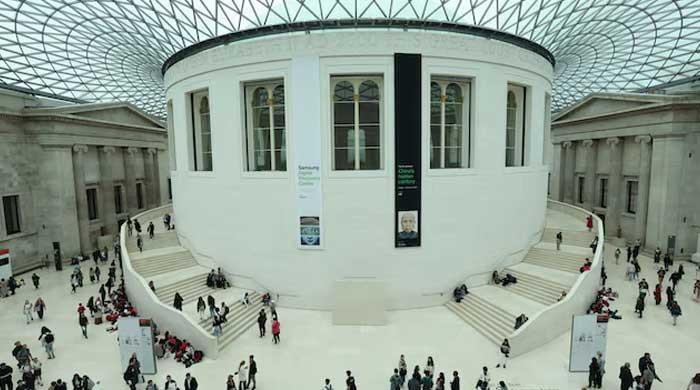Some British legislators, non -governmental organizations (NGOs) and researchers have called on the government to repair what they have described as a “legislative vacuum” which allows museums and other institutions to hold and show African ancestral remains taken in the colonial era.
For centuries, ancestral African remains, such as mummified bodies, skulls and other parts of the body, have been brought to Great Britain and other former colonial powers, often as “trophies” or as commercial materials to exchange and display.
There are growing calls worldwide so that such remains, as well as looted art, are repatriated to their communities or countries of origin.
Although some efforts have been made to face the long -standing problem, African remains are still organized in various institutions across the country, such as museums and universities.
“We cannot allow the dehumanization of our ancestors,” said Connie Bell, of the project “decolonizing the archives” during an event organized on Wednesday by a multi-party parliamentary group on repairs, chaired by the work deputy Bell Ribeiro-Addy.
In November 2024, Ribeiro-Addy brought the question to Parliament, claiming that the remains of the colonial era were registered for sale by auction houses, on electronic commercial platforms and social media.
A month before Ribeiro-Addy’s remarks, an auction house in TTSWorth, Oxfordshire, withdrew the sale of these remains, in particular the skulls of the Ekoi people of West Africa, after the criticism of the communities and defenders of the Aboriginal communities.
British Deputy Prime Minister Angela Rayner said it was horrible to hear Ribeiro-Addy’s story and agreed to discuss the issue more. A meeting with the Minister of Culture will take place soon, said Ribeiro-Addy on Wednesday.
The intermediary group will present government policy recommendations 14, in particular all sales of illegal remains “on the basis that they are not commercial objects but human beings”.
The political file, produced by the African Development Foundation (Affair), said that the government should fill the gaps in the 2004 law on human tissues, which covers the elimination, storage, use and elimination of human tissues.
However, the law does not cover activities related to the remains of people who died more than a century ago, which excludes most of the ancestral remains held by museums and other institutions, said.
Case said that the law should be changed to ensure that the public demonstration of man remains an offense if made without consent. He also indicated that a national restitution policy should be adopted, an organization should be created to manage allegations of repatriation and the collections of human remains should be traced.




